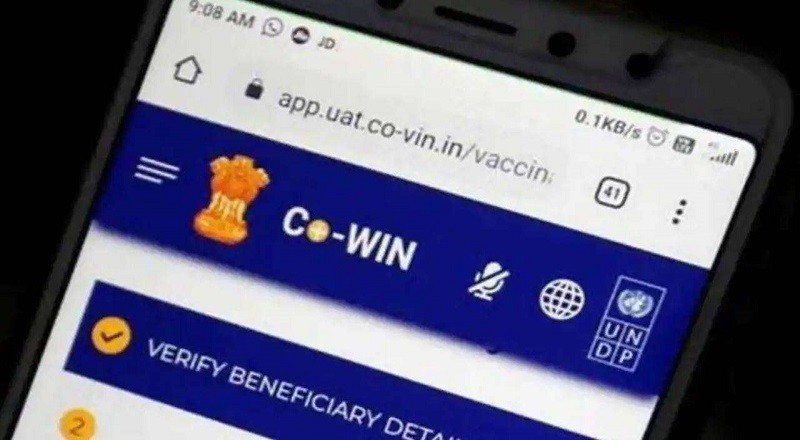Children between 15 and 18 can register for COVID-19 student vaccine on the CoWIN app from January 1 using their school ID cards, the government said Monday morning. CoWIN chief Dr RS Sharma told media an additional slot had been created on the online platform so students could use their ID cards to register for the student vaccine.
This is because some may not have Aadhaar or other required ID cards, he said. Prime Minister Narendra Modi, on Saturday, had said children in the 15-18 age group could get their first round of Covid vaccines from January 3.
The Prime Minister, who also announced “precaution” or booster shots for frontline and healthcare workers, as well as those over 60, said vaccinating kids something other countries have already done – would help schools and students return to normal. Children in India will be vaccinated with one of two shots – either Bharat Biotech’s double-dose Covaxin or Zydus Cadila’s three-dose ZyCoV-D, both of which have been cleared for kids over 12.
The drug controller has cleared Serum Institute’s Novavax for trials on kids between seven and 11 years of age, and Biological E’s Corbevax has been cleared for trials on children over five. Neither Novavax nor Corbevax have been cleared for use as yet. India is trailing several other countries – including many in Europe, the United States, the United Arab Emirates, and New Zealand – in offering Covid vaccines for kids.
Also Read: Omicron cases rise in country, Centre govt issued new guidelines
Also Read: Karnataka Again Lockdown, CM Bammai hint to impose strict restriction
Last week a school in Karnataka’s Chikkamagaluru district was sealed after 10 students and a teacher were positive. Before that 69 people, including 59 students, tested positive in the same school. Earlier this month 18 students also tested positive at a Mumbai school also. However, the decision has met with mixed responses, with some, including parents, expressing concern over possible side-effects on younger recipients.


Comments are closed.